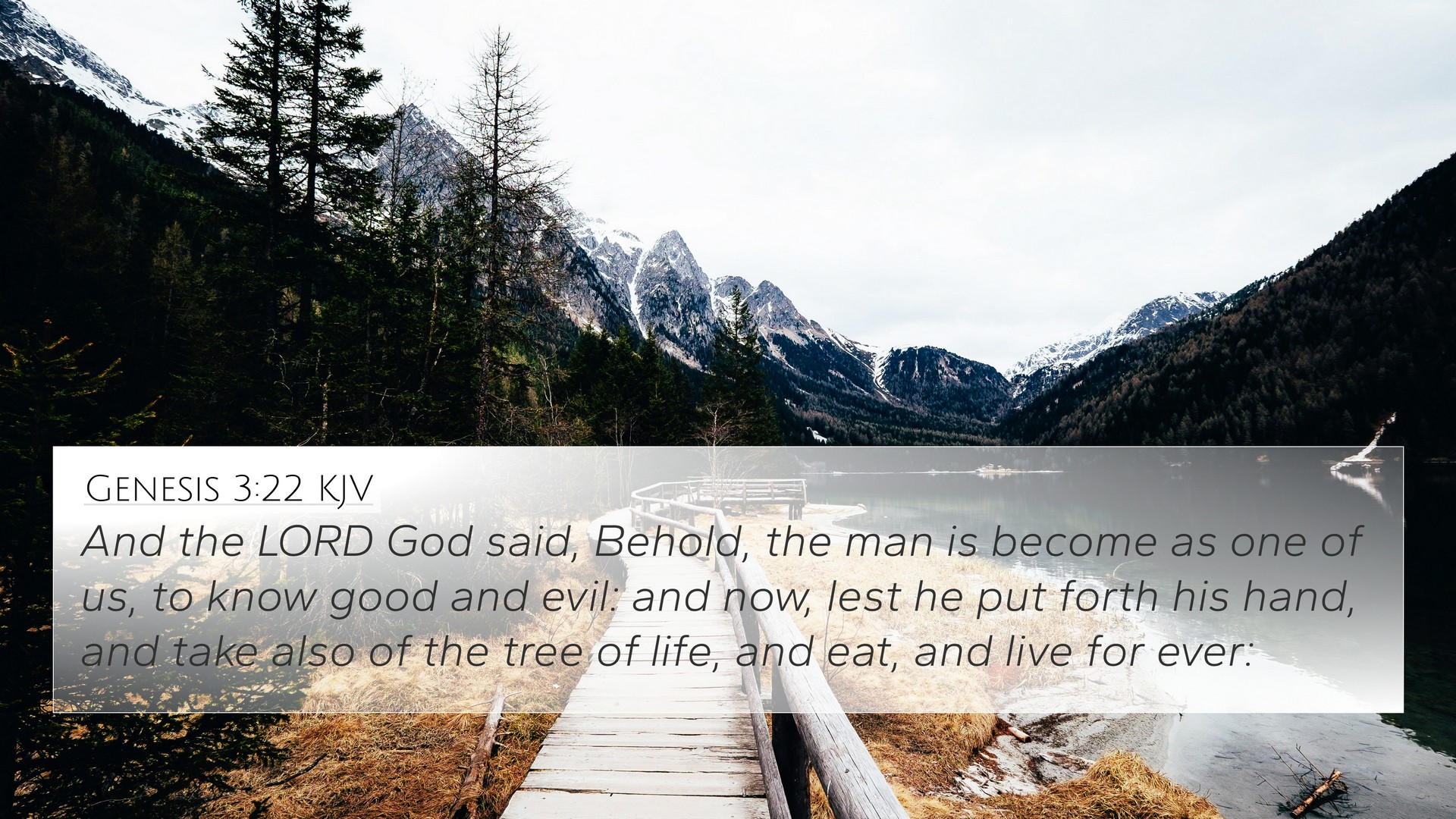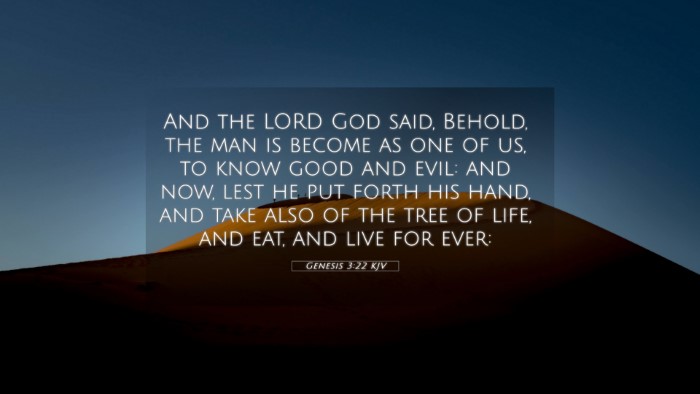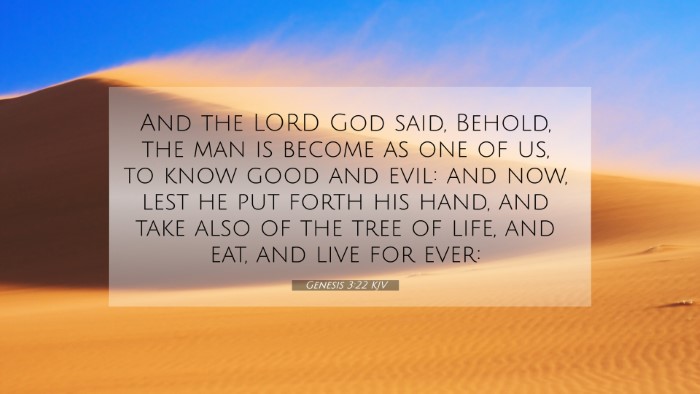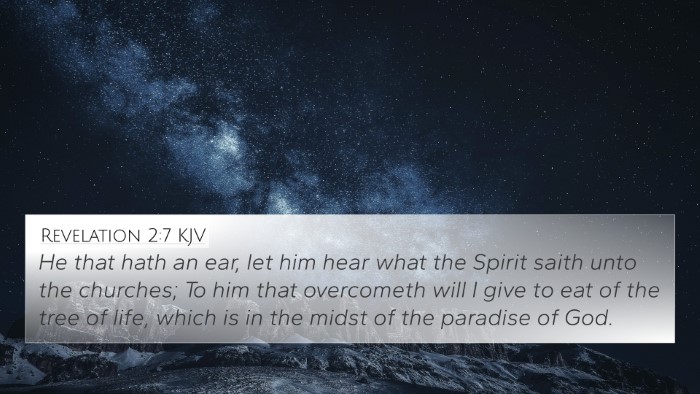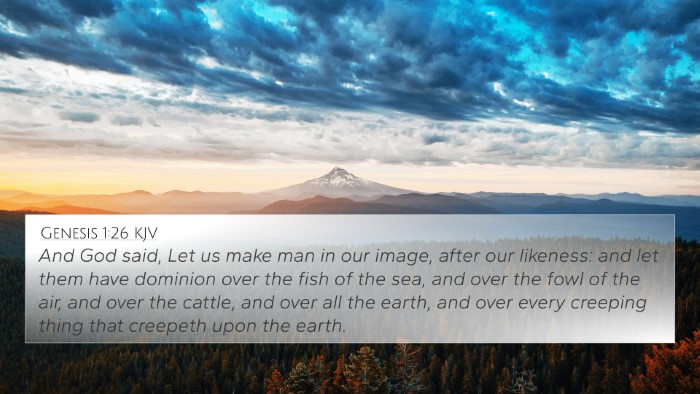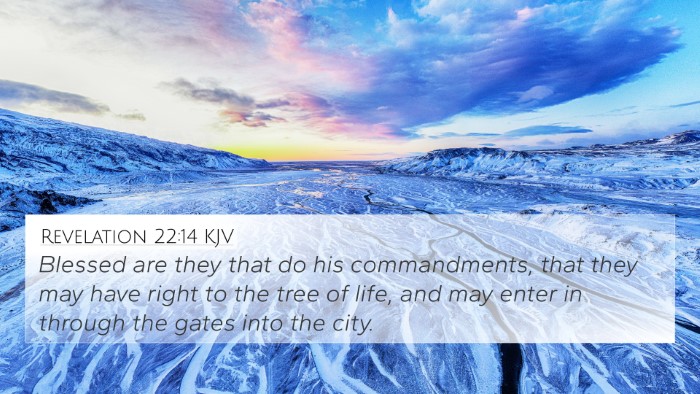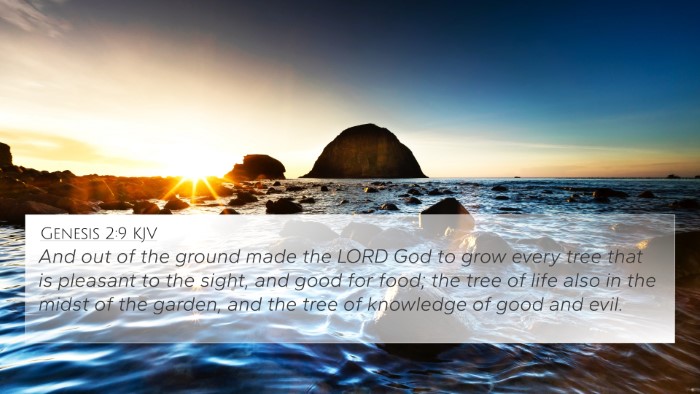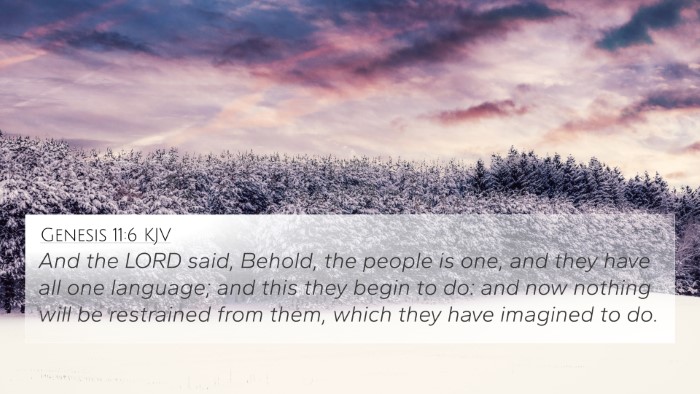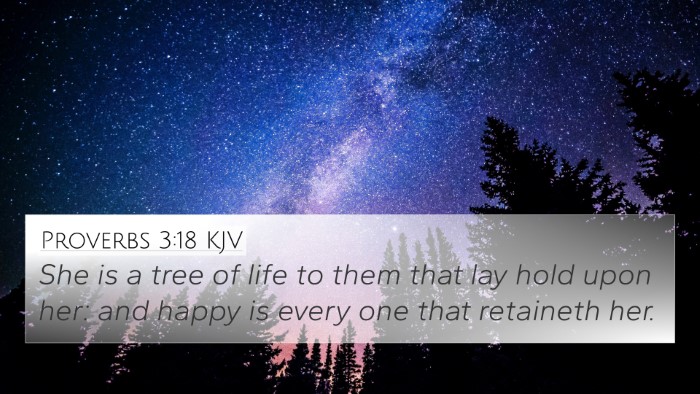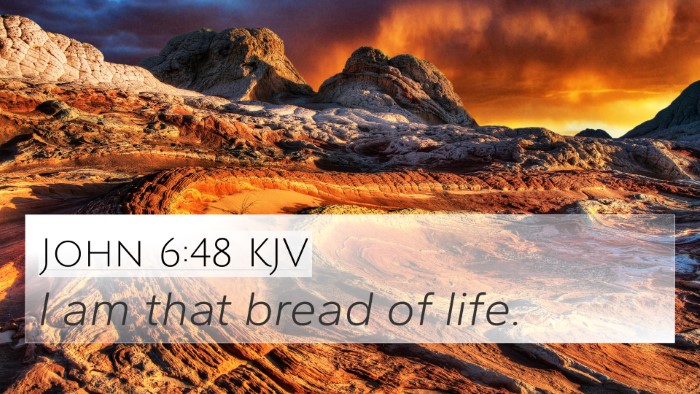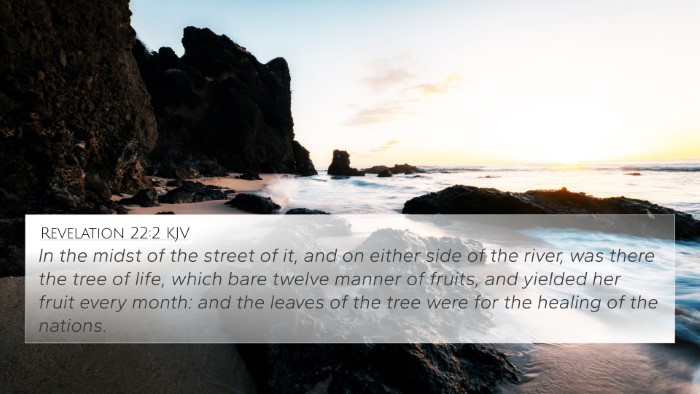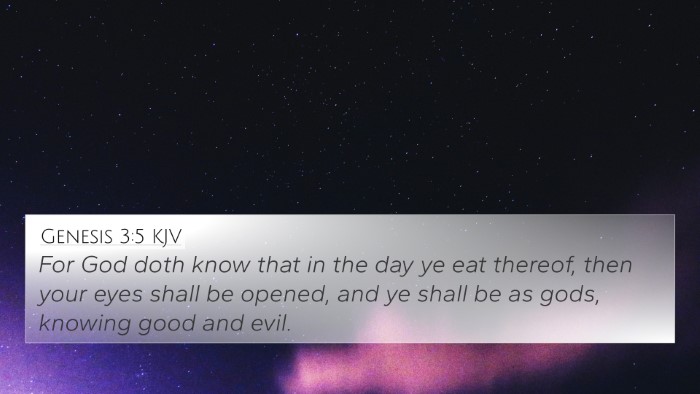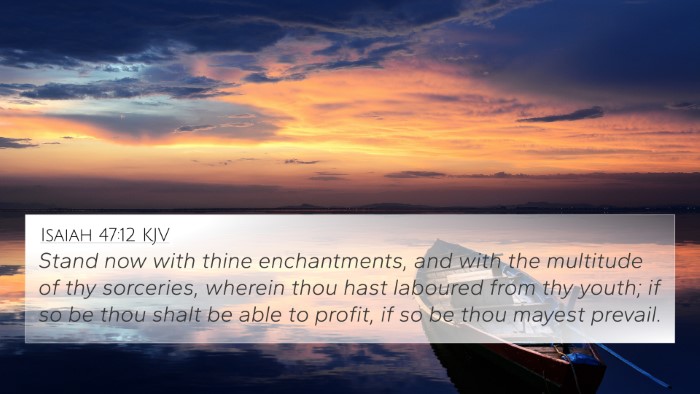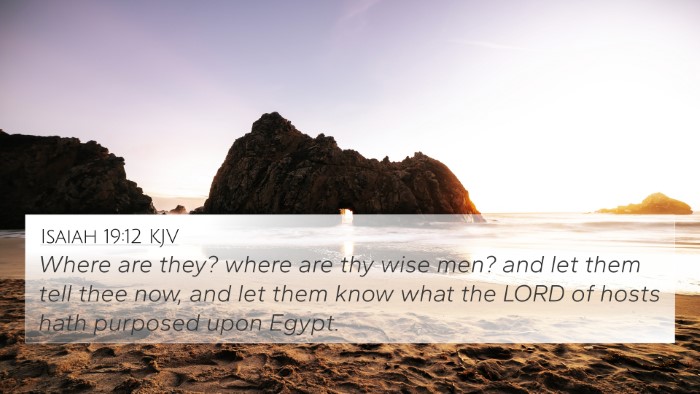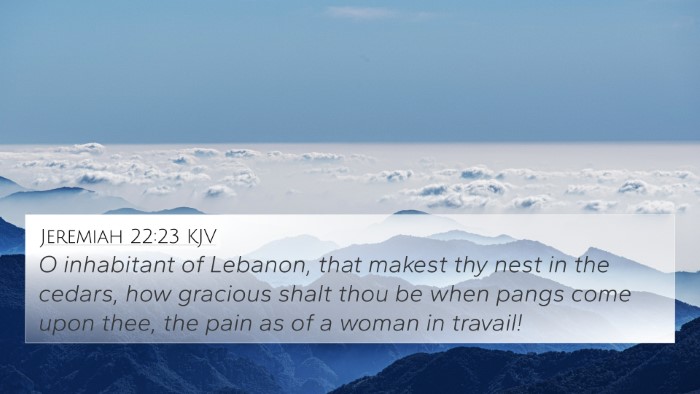Understanding Genesis 3:22
Verse Text: “And the LORD God said, ‘Behold, the man has become like one of us in knowing good and evil. Now, lest he reach out his hand and take also of the tree of life and eat, and live forever—’”
Context and Overview
This verse comes from the narrative of mankind's fall into sin as recorded in Genesis. After Adam and Eve disobeyed God by eating from the tree of the knowledge of good and evil, this passage highlights God's recognition of the consequences of their actions. The statement from God underscores the profound changes that sin has introduced into humanity's experience and relationship with the divine.
Commentary Insights
- Matthew Henry: Henry conveys that God, acknowledging man’s new understanding of good and evil, highlights humanity's transition due to sin. He notes that this knowledge makes man susceptible to greater sin, suggesting that the divine deliberation accentuates God’s protective intentions.
- Albert Barnes: Barnes emphasizes theological implications of this verse. He posits that God's declaration shows a shift in humanity's relationship with Him and emphasizes the consequences of Adam and Eve's actions, interpreting it as a warning against further disobedience.
- Adam Clarke: Clarke suggests that “us” refers to the heavenly council. He interprets this verse as a confirmation of divine wisdom and caution towards humanity’s newfound knowledge, linking it to the necessity of physical separation from the tree of life as an act of mercy.
Key Themes
- The Nature of Knowledge: The verse explores the complexities of knowledge and the responsibilities that accompany it. The duality of good and evil is central, prompting reflections on moral choices.
- Divine Protection: In forbidding access to the tree of life, God protects humanity from eternal disconnection from grace. This illustrates God's care even in judgment.
- Humanity's State: The change in man's state post-Fall marks the beginning of a struggle between good and evil influence in life.
Bible Verse Cross-References
This verse connects with various other Scriptures, providing a deeper understanding of the themes at play:
- Genesis 2:17: God's initial command regarding the tree.
- Genesis 3:6: The act of disobedience itself when Eve ate the fruit.
- Romans 5:12: The introduction of sin into the world through one man.
- Proverbs 3:18: The "tree of life" as a metaphor for wisdom.
- Revelation 22:2: The promise of the tree of life restored in the new heaven and earth.
- 1 Corinthians 15:22: Illustrates the resurrection and life through Christ's victory over sin and death.
- John 10:10: Jesus promises life abundant, countering the consequences of the Fall.
Thematic Bible Verse Connections
When studying Genesis 3:22, it is essential to recognize its thematic links throughout Scripture:
- Human Disobedience: Reflects throughout Scriptures, including 1 John 2:16.
- God’s Grace: Seen in Romans 8:1, where there is no condemnation for those in Christ.
- Restoration: Illustrated in 2 Corinthians 5:17, where believers are made new.
Conclusion
Genesis 3:22 serves as a pivotal verse that encapsulates the fall of man and the resultant changes in the relationship between humanity and the divine. The verse underscores God’s protective measures in the aftermath of sin, warning against further disobedience, and reveals deep theological implications about knowledge, sin, and redemption. Through careful cross-referencing and understanding of related scriptures, readers can gain greater insight into the rich, interconnected narrative of the Bible.
